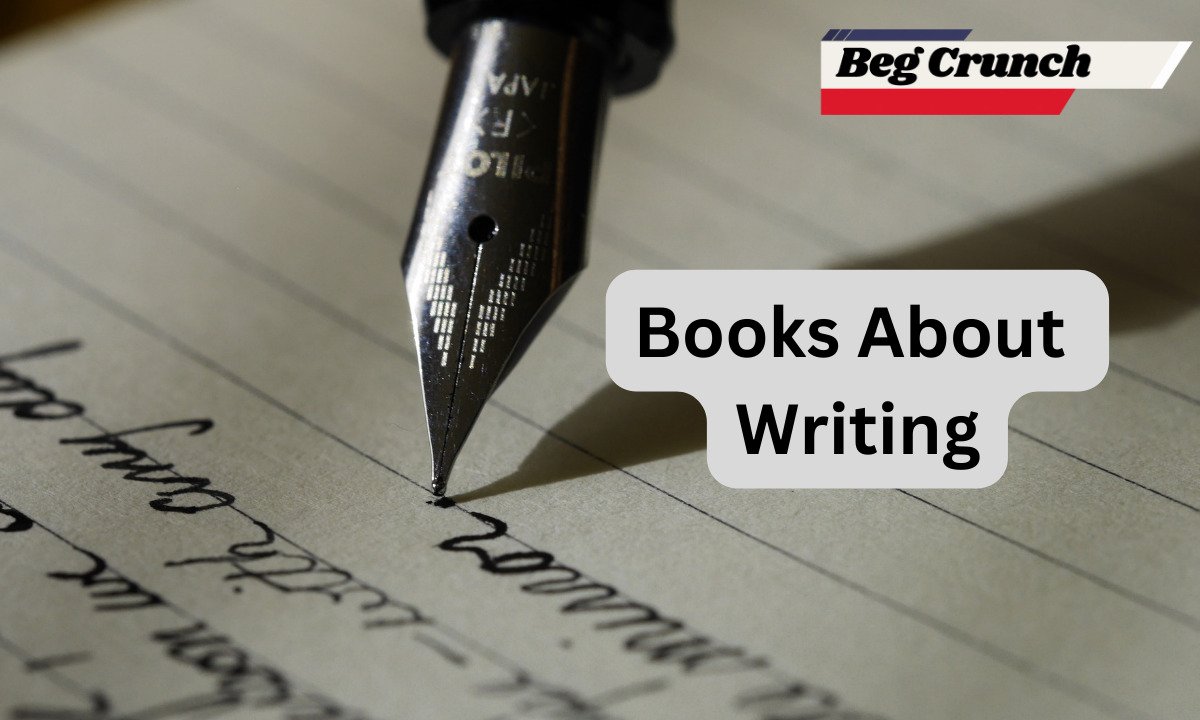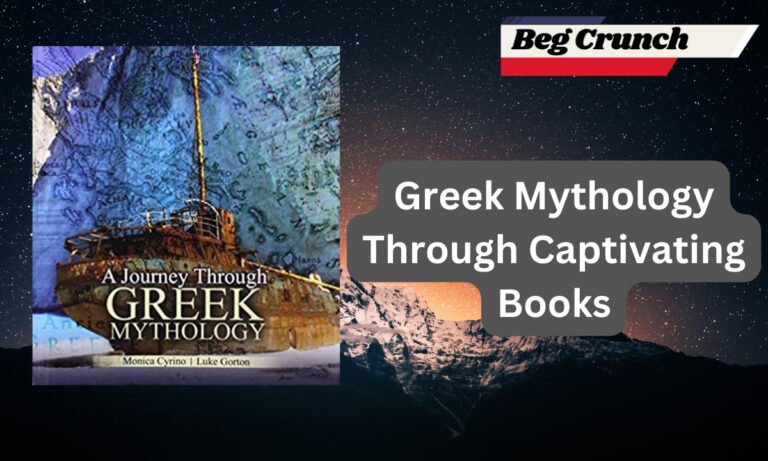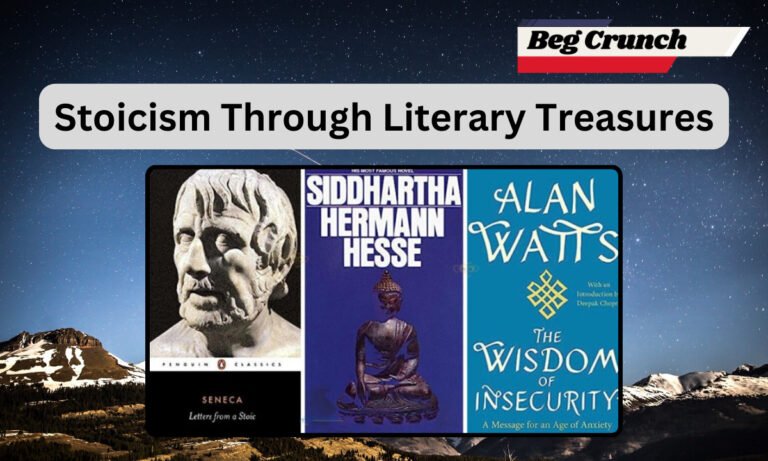Books About Writing
Writing is a timeless craft that allows us to express our thoughts, share stories, and communicate across time and space. Whether you’re an aspiring writer seeking guidance or a seasoned wordsmith looking for inspiration, the world of books about writing offers a wealth of knowledge and insights. From practical advice to creative exercises, these books can empower you to hone your skills and unleash your literary potential.
Mastering the Art of Writing
Literary Enlightenment Unveiled: Exploring Stephen King’s “On Writing: A Memoir of the Craft”
Within the pages of Stephen King’s literary opus, “On Writing: A Memoir of the Craft,” the fusion of personal narrative and pragmatic tutelage presents an intricate tapestry that resonates with aspiring and seasoned writers alike. This work is not merely a guide; it is a portal into King’s creative sanctum, where his journey as a writer converges with sagacious counsel, crafting an indispensable resource that traverses the boundaries of genre and artistry.
King’s “On Writing” is a treasure trove of wisdom, offering insights that go beyond the mechanical aspects of writing. It delves into the psyche of character construction, divulging the secret to breathing life into imaginary personas. Through King’s discerning eyes, revision becomes a transformative process where initial drafts metamorphose through meticulous iterations, leading to the refinement of prose that gleams with authenticity.
Furthermore, this memoir unfolds as a symphony of storytelling principles that apply universally. It encourages writers to embrace vulnerability and introspection, a process King himself ardently undertook in recounting his near-fatal accident. This candid reflection serves as a testament to the symbiotic relationship between the writer’s life experiences and their craft, transcending the mundane into a realm of literary profundity.
Navigating the Literary Cosmos: Anne Lamott’s “Bird by Bird”
In “Bird by Bird: Some Instructions on Writing and Life,” Anne Lamott crafts a literary haven where the intricacies of writing converge with the wisdom of existence. Lamott wields her pen not merely as an instructor but as a compassionate companion, guiding readers through the labyrinthine alleys of creative expression while shedding light on life’s multifaceted journey.
The heart of “Bird by Bird” beats with empathy and insight, addressing the quintessential struggles that beset writers. Lamott approaches writer’s block and self-doubt as adversaries to be conquered, offering a roadmap through humor-laden anecdotes and pragmatic counsel. Yet, Lamott’s intentions transcend the literary sphere; her advice ripples outward, offering solace to individuals navigating the tumultuous seas of life itself.
The true brilliance of “Bird by Bird” rests in its holistic embrace of human existence. Lamott doesn’t compartmentalize creativity and life but rather interweaves them, advocating for the nurturing of authenticity and resilience, not solely in writing but in every facet of being.
Nurturing Creativity and Imagination
- “The Artist’s Way” by Julia Cameron
“The Artist’s Way” by Julia Cameron is a beloved guide for nurturing creativity. Through a 12-week program of exercises and reflections, Cameron helps writers and artists overcome creative blocks and reconnect with their artistic instincts.
- “Steal Like an Artist: 10 Things Nobody Told You About Being Creative”
Austin Kleon’s “Steal Like an Artist” encourages writers to embrace inspiration from various sources. Kleon’s witty and practical advice encourages creative exploration and the art of remixing ideas.
Crafting Compelling Fiction and Nonfiction
- “The Elements of Style” by William Strunk Jr. and E.B. White
“The Elements of Style” is a timeless guide to clear and effective writing. This concise book offers essential grammar and style rules that every writer should know, making it an
indispensable resource for both beginners and experienced writers.
- William Zinsser’s “On Writing Well: The Classic Guide to Writing Nonfiction”
For those focused on nonfiction writing, “On Writing Well” by William Zinsser is a must-read. Zinsser’s emphasis on simplicity, clarity, and storytelling transforms the process of crafting nonfiction into a creative endeavor.
FAQs
Q1: Are there books specifically for novelists?
A1: Absolutely! Think about James Scott Bell’s “Plot & Structure” and “Save the Cat! Writes a Novel” by Jessica Brody for insightful guidance on crafting engaging novels.
Q2: Can you recommend books on overcoming writer’s block?
A2: Certainly! “The War of Art” by Steven Pressfield and “Big Magic: Creative Living Beyond Fear” by Elizabeth Gilbert provide strategies for overcoming creative resistance.
Q3: Are there writing books tailored to specific genres?
A3: Yes, genre-specific books are available. For example, “The Fantasy Fiction Formula” by Deborah Chester and “Writing the Cozy Mystery” by Nancy J. Cohen delves into the nuances of writing within certain genres.
Q4: What about books for improving dialogue and character development?
A4: “Writing Dialogue” by Tom Chiarella and “Characters and Viewpoints” by Orson Scott Card are excellent resources for enhancing dialogue and creating memorable characters.
Conclusion
Books about writing are like trusted mentors, offering guidance, encouragement, and a sense of camaraderie to writers on their journeys. Whether you’re seeking technical skills, creative inspiration, or a deeper understanding of the writing process, these books provide the tools you need to bring your words to life. Remember, writing is a voyage of self-discovery and growth, and these books are your compasses as you navigate the vast sea of storytelling. So, pick up a pen, open a page, and let the magic of words unfold.







